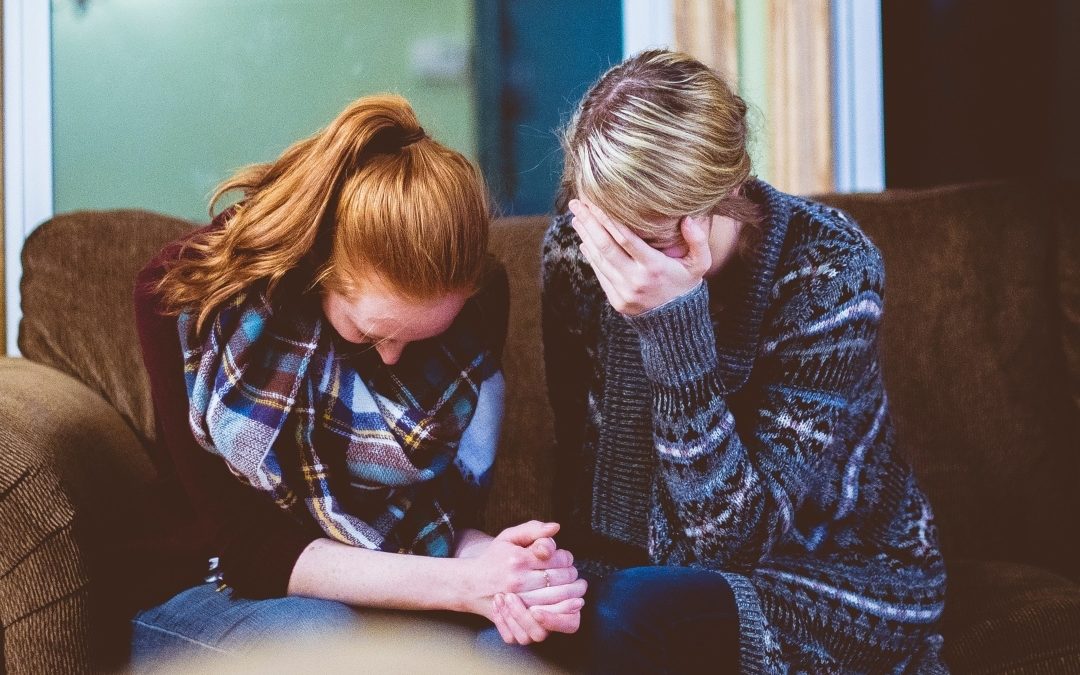You have a problem connected with addiction in your family? You are an Adult Child of Alcoholics or a codependent person? Have you ever wondered how to get rid of this burden and start enjoying your own life?
Not every Adult Child of Alcoholics needs therapy, but if you experience significant emotional problems and have difficulties in relationships it is good to reach out for help. Growing up in alcoholic family results in certain behavior and emotional characteristics, which used to help the child to survive, but now they impact on everyday functioning. Moreover, quite often the history of one’s childhood writes a scenario for future life, and ACAs tend to choose partners who also are addicted.
Adult Children of Alcoholics can struggle with low self-esteem and disbelief in their own capabilities; at the same time striving to be self-sufficient and over-responsible in their relationships. Often these relationships are difficult, because ACAs can be afraid of intimacy and have difficulties in feeling their own emotions and communicating them. Generally speaking, therapeutic support of an Adult Child of Alcoholics involves considering how their childhood experiences influenced shaping their personality, believes and behaviors. The next step is looking for new solutions based on the present resources of the client and his understanding of his past. When the clients begins to see that changes – however slight – are possible, he starts to introduce them into his life and assess their effects; in short, he learns new ways of functioning.
The therapeutic relationship is very important in this work, because the therapist will accompany and support the client in the difficulties and joys of this change. One needs to be aware that it is in this relationship that the difficult patterns of the client will manifest themselves (e.g. excessive responsibility for the therapist), which need to be worked with and, consequently, this will be the first step of changes in the client’s functioning and his feelings.
Codependency can be briefly described as living the life of the addicted person, both in the aspect of his emotions and behavior, at the same time neglecting one’s own needs, goals or dreams. The codependent person, a partner for example, will not admit the facts (denial mechanism – they will say things like: “He drinks because he likes it”); the spouse will save the addicted one from the consequences of his/her behavior. At the same time, the codependent person will experience emotional swings. Depending on his/her partner’s behavior the other person will come from optimism and a belief that everything is going to be fine, to depressive states and fear. Codependent people take too much responsibility for the family functioning, struggle with a sense of guilt and they have a very low self-esteem.
It would be ideal if both the addicted person and his/her partner came to therapy, but still it is worth fighting for oneself, even if the other one is still not ready for a change. Actually, it can be assumed that a change of one family member, their new way of functioning, will change the dynamic of the relationship with the addicted person and in this sense it will force him to change his behavior and interactions.
For the ACA and codependent persons, apart form individual therapy, also group therapy is recommended. In Krakow there are many places offering this type of work.

